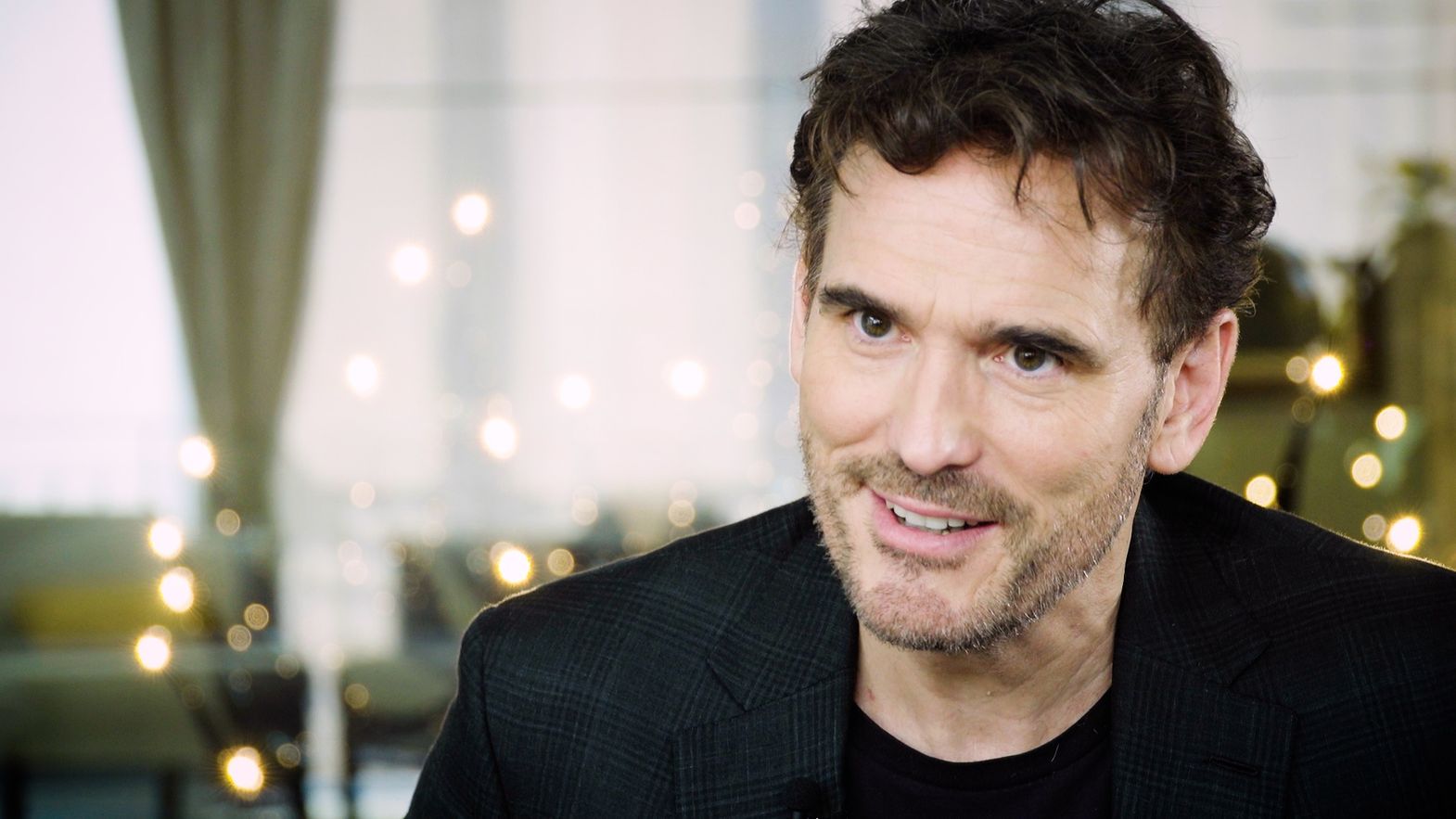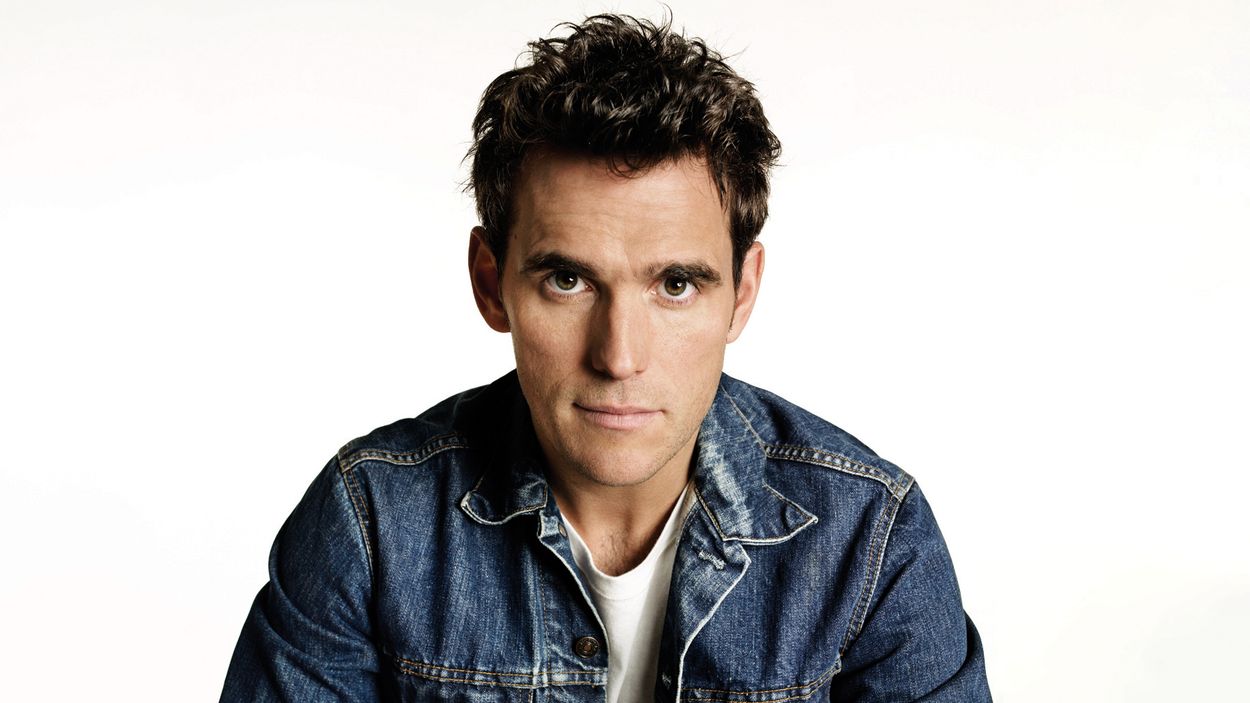Matt Dillon, Locarno75's Lifetime Achievement Award, meets the Locarno LiveTV crew and chats charmingly about a four-decade career, behind and in front of the camera, spent in the pursuit of absolute freedom. His story is that of a modern actor and artist.

You started as an actor at a very early age, in which way has this shaped your career?
The advantages and disadvantages of starting young are that you’re learning on the job. On one hand there’s more pressure and you’re still developing but nothing beats on-the-job training and I learned from some greats. Watching and listening. My desire to become an actor was immediate. From the moment I started. But it stemmed more from my curiosity in storytelling and human nature than from a need to perform. Kind of mirroring life.
What do you remember about your first time in Locarno in 1995, with Gus Van Sant, in the Piazza Grande?
The first time I came to Locarno was 1995. I came with Gus Van Sant for To Die For. I remember being impressed with the scale of the screening venues and what a great place it is to see a film. But in a relaxed atmosphere. We saw a very good, but very dark film called The Young Poisoner’s Handbook.
You’re always free in your choices and indie in your approach. Does it come at a price?
When you start a film there’s no guarantee that it’s going to work. It’s always a roll of the dice. Especially when the director is inexperienced, which is often the case in independent films. But if the filmmaker is doing or trying to do something fresh or unique it’s worth taking a chance. I like the surprises that come along, like a character you never thought you would play or director you never thought you would work with. That is what keeps me coming back for more.
 ©Photo by Tom Munro
©Photo by Tom Munro
In Locarno you’ll show City of Ghosts, the first film you have directed. What did that experience behind the camera mean for you?
Making that film was a real highlight for me. It took seven years. So, by the time we were on location in Cambodia I wasn’t going to take it for granted. I had a real appreciation for what it took to get it there. It makes a big difference to surround yourself with the right people. I like to play things somewhat loose, stay open to the unexpected. There isn’t only one right way to do something. However, there are a lot of wrong ways. I know in my gut when it’s right. The key is not to compromise. That was the mantra on that film. I had some great actors like James Caan, Gérard Depardieu, Stellan Skarsgård and Natascha McElhone, all experienced professionals. But there were also a number of non-actors in the film who delivered great performances. My objective for them was total freedom.
Which directors have had a particular influence on you?
There are many; some I’ve even worked with. Cinema is a director’s medium. I believe that the best work I’ve done as an actor is in films with great directors like Francis Ford Coppola, Gus Van Sant, Lars von Trier and others. When I made City of Ghosts, I brought with me experiences from filmmakers with whom I worked. Going forward I will carry with me my experience with Lars, especially the importance of the potential for failure in the work. When I directed City of Ghosts I wanted to make a film that was like the films I loved, something that I would want to be cast in. Samuel Fuller’s House of Bamboo (1955) is a particular favorite. I watched a lot of Carol Reed films. Outcast of the Islands (1951) was a film that Barry Gifford and I watched while writing the script. Some other directors like Elia Kazan, Martin Scorsese, John Cassavetes and Werner Herzog have influenced me.
What do you think about contemporary Hollywood?
I have had some great experiences working in Hollywood. As long as you don’t become a prisoner of the ‘business’. It’s very easy to say “I hate Hollywood” but ‘Hollywood’ has produced some of the greatest films of all time. Unfortunately, less and less of them are being shown on the big screen.
Mauro Donzelli